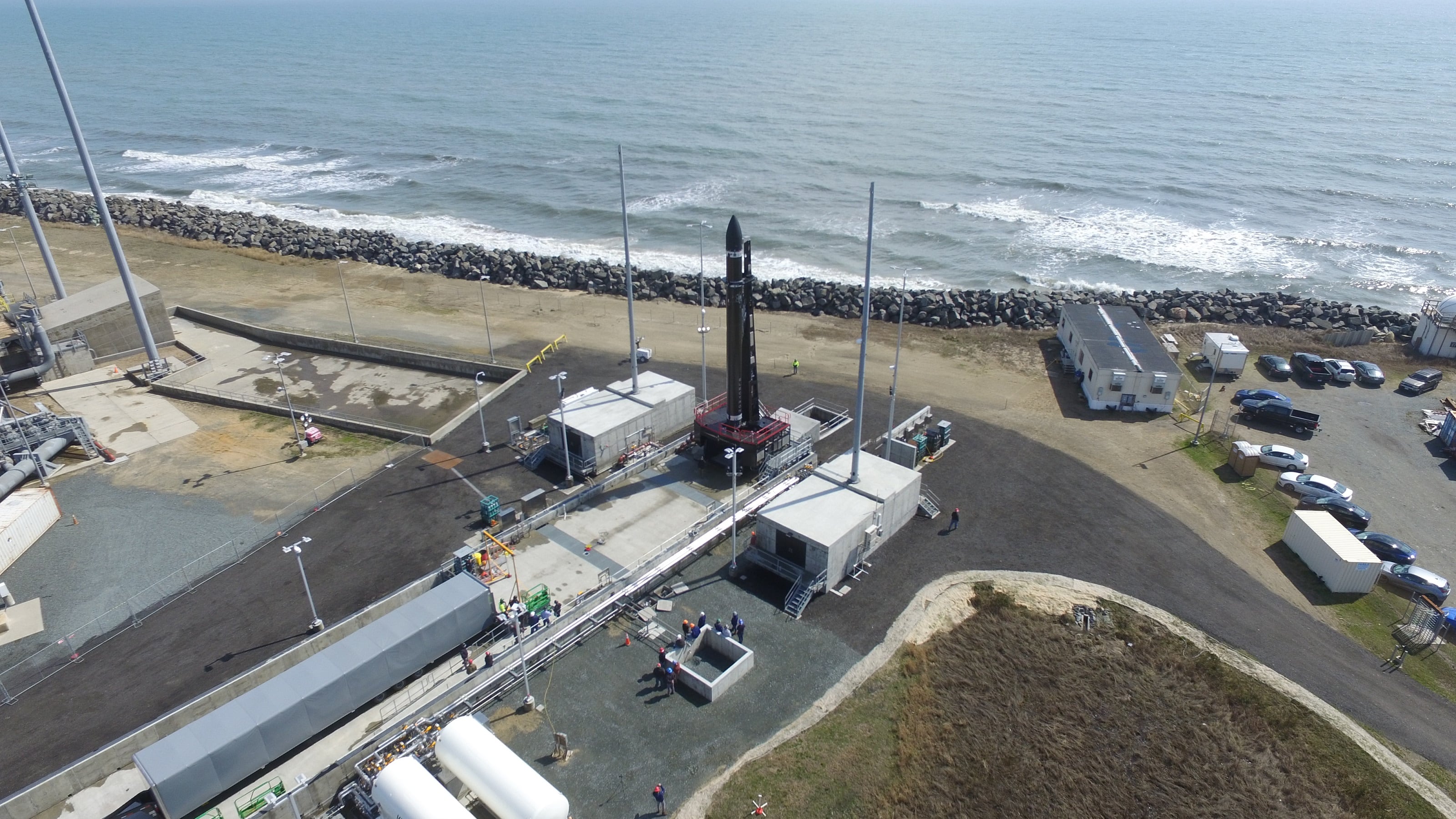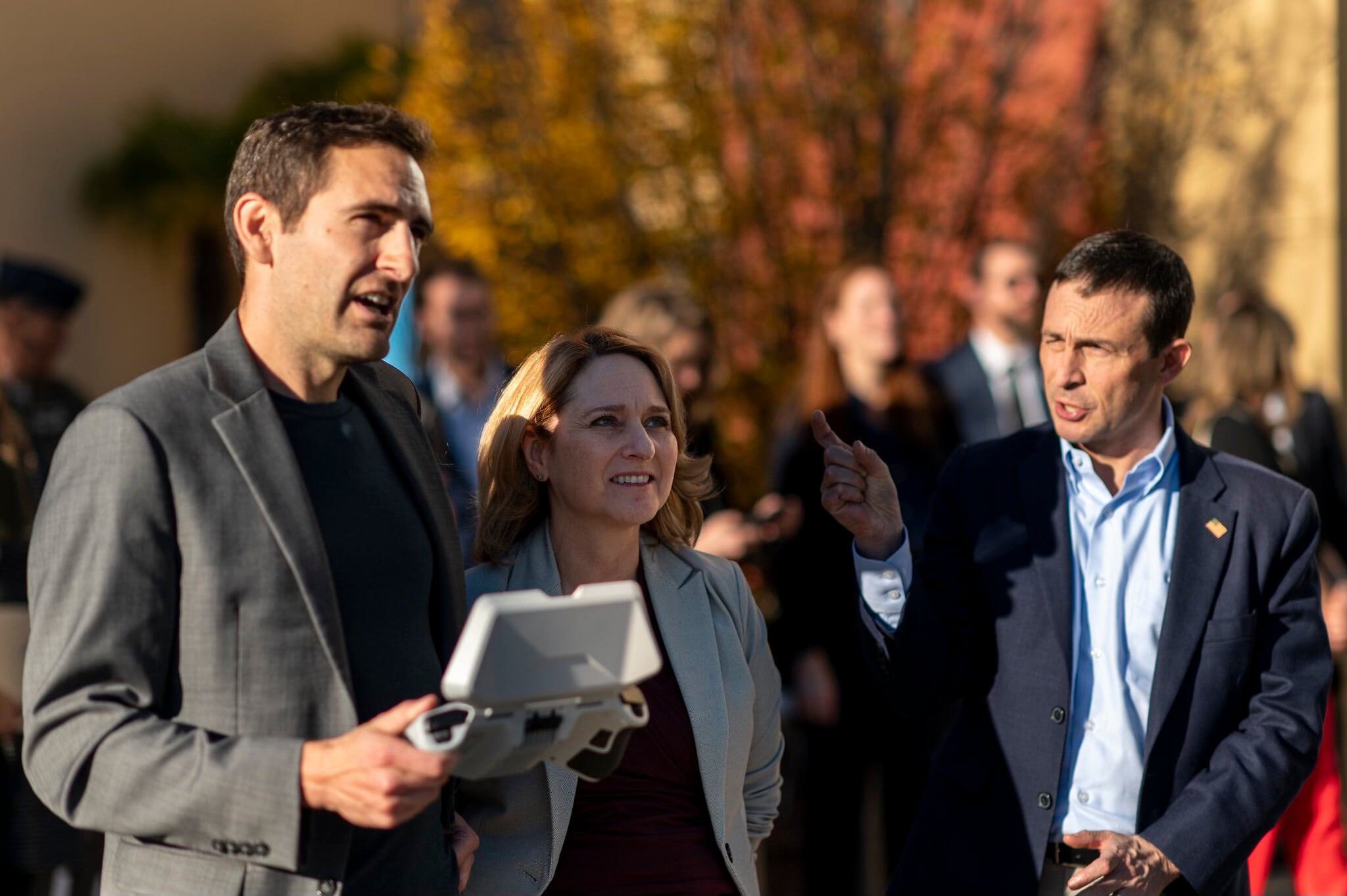WASHINGTON — Up-and-coming U.S. government launch provider Rocket Lab has identified the anomaly behind a July 4 in-flight failure of one of its rockets, and the Federal Aviation Administration has cleared the company to resume launches, the firm announced July 31.
Several minutes after one of the company’s Electron rockets successfully lifted off from its New Zealand launch pad on July 4, the engine automatically initiated a safe shutdown. It was unable to reach orbit, and — while no one was injured — the incident resulted in the loss of the rocket and the commercial payloads it was carrying.
Over the last few weeks, the company was able to go over its telemetry with the FAA to identify the issue: a single electrical connection that evaded preflight testing.
RELATED

“The issue occurred under incredibly specific and unique circumstances, causing the connection to fail in a way that we wouldn’t detect with standard testing. Our team has now reliably replicated the issue in test and identified that it can be mitigated through additional testing and procedures,” Rocket Lab founder and CEO Peter Beck said in a statement.
The incident took place amid Rocket Lab’s effort to grow its commercial and government customer base. The company says its Electron rocket was the fourth-most frequently launched rocket in the world last year. The U.S. government has shown increased interest in leveraging the company’s small launch capability: The U.S. Air Force awarded the company multiple launch contracts in recent years, the National Reconnaissance Office launched its first payload from New Zealand on an Electron, and the U.S. Space Force is expected to launch a payload with the company in the coming months.
Rocket Lab is slated to launch a single micro-sat for the Air Force Research Laboratory’s Monolith program — which will explore whether small satellites can support large aperture payloads for space weather monitoring — in the late August/early September time frame. That will be Rocket Lab’s first launch from U.S. soil, taking place at the Mid-Atlantic Regional Spaceport in Virginia.
In a media call July 31, Beck said planned launches with the Space Force and the NRO would move forward as planned, although there may be slight delays. Both organizations told C4ISRNET earlier this month that despite the July 4 incident, they intended to continue working with the company on upcoming launches.
“I think we’ve enjoyed really close relationships with our government customers, and we have opened the full investigation to them. They’ve had the ability to watch us go through this process,” Beck said. “We’ve had great support from those customers and I think everybody in this industry appreciates that — on occasion — these things can happen.”
Nathan Strout covers space, unmanned and intelligence systems for C4ISRNET.






